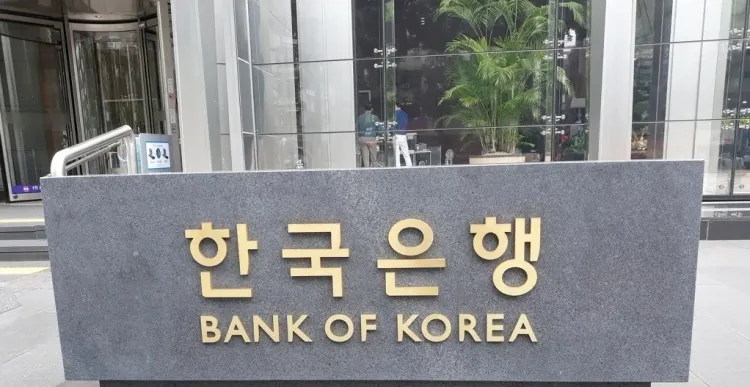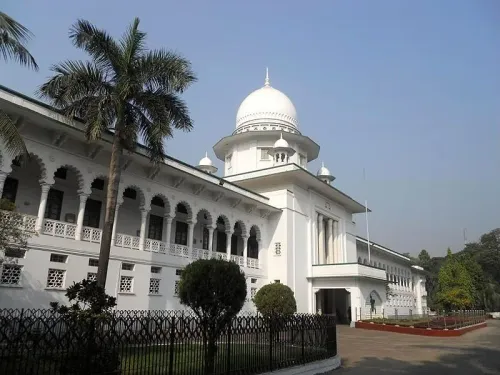How is S. Korea Maintaining Vigilance in Financial Markets Amid Political Crisis?

Synopsis
Key Takeaways
- Continuous financial monitoring is essential during political crises.
- The resignation of key officials has raised concerns over economic stability.
- A 24-hour emergency response system is in place to address market fluctuations.
- The supplementary budget aims to support disaster response and economic revitalization.
- Maintaining external credibility is a priority for South Korean officials.
Seoul, May 2 (NationPress) In response to escalating political turmoil following the resignations of the prime minister and finance minister, top economic and financial officials have committed to constant oversight of the financial markets, as stated by the finance ministry.
This renewed commitment emerged during an urgent gathering addressing macroeconomic and financial challenges, led by acting Finance Minister Kim Beom-suk, alongside Bank of Korea Governor Rhee Chang-yong, and heads of the Financial Services Commission and the Financial Supervisory Service, as reported by the Ministry of Economy and Finance and Yonhap news agency.
Officials expressed their disappointment over Finance Minister Choi Sang-mok’s resignation due to the impeachment motion, particularly at a time when economic and financial market uncertainties are exacerbated by U.S. tariff shocks, and with just a month until a new administration takes office.
To mitigate the potential negative consequences of the ongoing political instability, officials pledged to maintain a 24-hour emergency monitoring and response system.
Choi announced his resignation late Thursday after the Democratic Party called for his impeachment, which was promptly accepted.
His exit followed the resignation of Prime Minister Han Duck-soo, who had been performing the duties of acting president amid speculation surrounding his candidacy for the June 3 presidential election.
In the wake of their resignations, Education Minister Lee Ju-ho, who also serves as deputy prime minister for social affairs, has stepped in as acting leader.
After the emergency meeting, Kim convened a separate session with senior ministry officials to discuss critical pending matters, including tariff negotiations with the United States and the implementation of a supplementary budget.
“We must exert every effort to protect the nation’s external credibility and mitigate the impact of U.S. tariffs,” Kim emphasized.
He also highlighted the necessity of swiftly executing the supplementary budget to address urgent issues such as disaster management and support for trade and artificial intelligence (AI).
On Thursday, the National Assembly approved a 13.8 trillion-won (approximately US$9.6 billion) extra budget intended to bolster disaster response efforts and stimulate economic activity.









